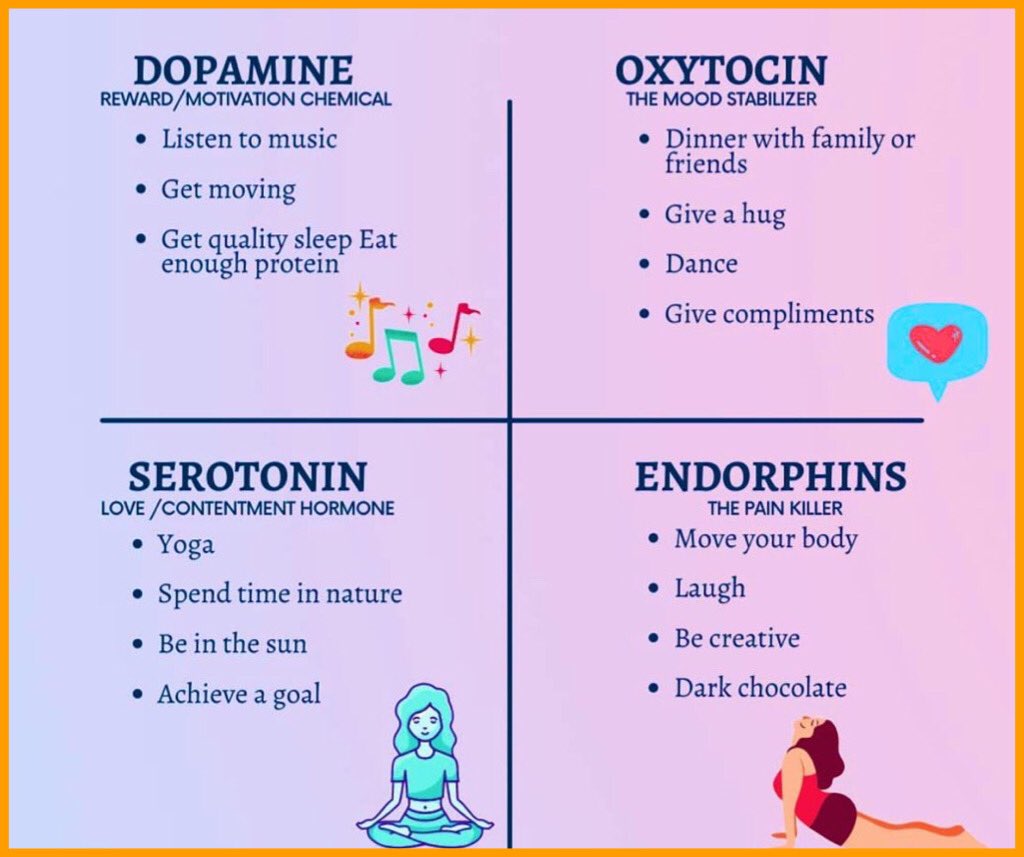The hormones that your brain releases when you re in love are intensely euphoric so much so that they can make you addicted to love and the person you re in love with

The Intense Euphoria of Love: Understanding the Addictive Power of Hormones

Love is a powerful emotion that has captivated humans for centuries. From ancient tales of Romeo and Juliet to modern romantic comedies, stories of love and its intoxicating effects are plentiful. But have you ever wondered why being in love feels so incredible? The answer lies in the hormones that your brain releases, creating a euphoric experience that can be addicting.
When you fall in love, your brain goes into overdrive, flooding your system with a cocktail of hormones. One of the most notable hormones released during the initial stages of love is dopamine. Dopamine is often referred to as the “feel-good” hormone because it is associated with pleasure and reward. It is the same hormone that is released when we experience something enjoyable, like eating our favorite food or winning a game. As a result, dopamine creates a sense of happiness and excitement, making us crave more of it.

Additionally, another hormone called oxytocin is released when we are in love. Oxytocin is often referred to as the “love hormone” because it plays a crucial role in bonding and attachment. It is released during physical touch, such as hugging or holding hands, and promotes feelings of trust and closeness. Oxytocin also enhances our ability to empathize and connect with others, further deepening the emotional bond with our partner.
The combination of these hormones creates an intense euphoria that can be compared to being on a natural high. The feelings of excitement, happiness, and attachment that come with being in love make it incredibly difficult to resist. This is where the addictive nature of love comes into play.
Just like drugs or other addictive behaviors, being in love triggers the release of dopamine, creating a pleasure-reward cycle. The more time we spend with our loved one, the more dopamine is released, reinforcing the pleasurable feelings associated with being in love. This cycle can create a dependency on the person we are in love with and can make it challenging to break free from the relationship, even if it is not healthy or beneficial.
It is important to note that the addictive nature of love is a result of the brain’s chemical processes rather than a conscious decision. The release of hormones is a natural response to the experience of being in love. However, understanding the science behind it can help us navigate our emotions more effectively and make informed decisions about our relationships.
In conclusion, the intense euphoria of love is a result of the hormones released by our brain. Dopamine and oxytocin create a powerful cocktail of pleasure, happiness, and attachment, making love an addictive experience. Being aware of the chemical processes behind our emotions can help us develop healthier relationships and make more informed choices. So, the next time you find yourself head over heels in love, remember the incredible power of your brain’s chemistry.
Source: Ted Talk by Helen Fisher - Why We Love, Why We Cheat
Related Posts
Quick Links
Legal Stuff

